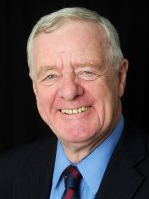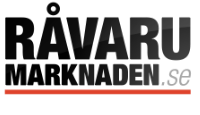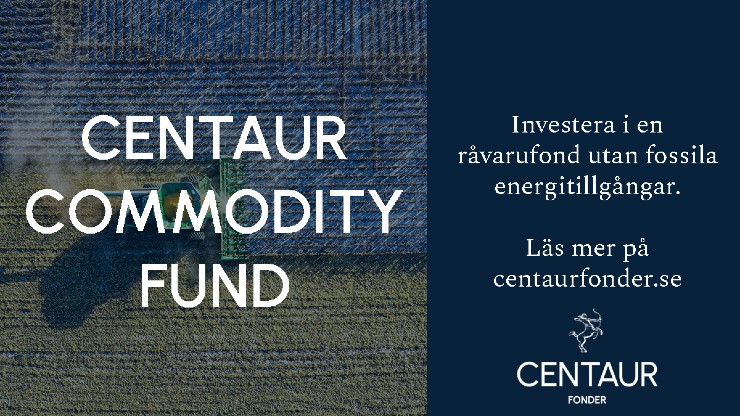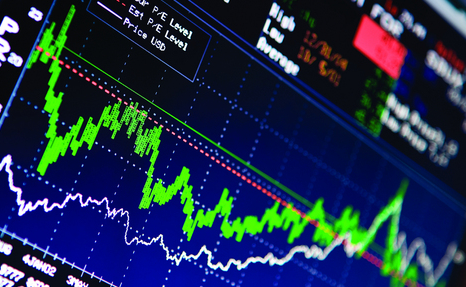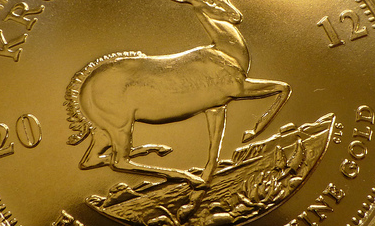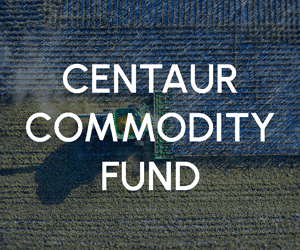Nyheter
David Hargreaves on Bulk Minerals, week 49 2013
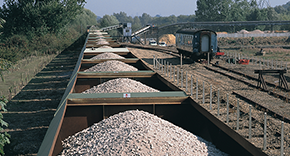
 The emphasis swung back to Potash this week as the miners began to retreat, but iron ore retained a full head of steam, advancing a solid $3 to $139.2/t.
The emphasis swung back to Potash this week as the miners began to retreat, but iron ore retained a full head of steam, advancing a solid $3 to $139.2/t.
Potash. There is more to this market than the collapse of the sales cartel. It is increasingly obvious it is over supplied and the pipeline is full. Thus, a buyers’ market. The major customers, Brazil, India, China, are wily birds. So the pressure on the supply side. It is two-fold: Those with it and have too much; those developing who are facing a potential surplus. To the former, Canada and Russia have a tight grip on a +50Mt/yr market for the essential fertilizer market worth, even at recently reduced prices, up to $20bn per year.
Effective marketing cartels have, until recently, ensured lucrative margins. They are no more, since the Russian arrangement between the world’s largest miner, OAO Uralkali and it partner Belarukali, fell apart. It resulted in the potash price collapsing from a transient $700/t to nearer $300/t. Even at this, they still talk of $150/t margin. In Canada, leader Potash Corporation is cutting back with over 1000 employees to get the axe in a combined efficiency and output reducing measure. Its local competitors Agrium and Mosaic Co. are likely to follow suit. WIM says: It takes 5-7 years to develop a deep potash mine and those who plunged in recently are feeling the pain. They include BHPB (Jansen, Canada), Sirius (UK) and Vale.
Iron Ore continues its steady recovery, although not cheering – much – share prices. We note:
This does not alter the picture for a potential long term ample supply, based on Australia and West Africa in particular.
We note:
London Mining (AIM 111.50p Hi-Lo 189.75p-86.00p) has shelved plans to bring in a partner to help expand its Marampa, Sierra Leone, Mine. Instead it will concentrate on reducing debt and returning cash to investors. In its efforts it says: refinanced existing debt will be upped by $20M to $200M to fund expansion to 6.5Mt/yr plus the extended maturity of a $110M convertible loan, from 2016 to 2019 at a coupon rising from 8% to 12%. That is hefty.
Chinese imports of iron ore, perhaps more correctly, Australia exports, are on the up. Port Headland, which handles up to a fifth of all seaborne trade, saw an increase in exports of 38%, year-on-year, in November 2013. 22.3Mt went out in the month. Japan to 2.2Mt (also up 38%) and Korea doubled to 2.9Mt. The port handles cargoes for BHPB, Fortesque and Atlas.
[hr]
About David Hargreaves
David Hargreaves is a mining engineer with over forty years of senior experience in the industry. After qualifying in coal mining he worked in the iron ore mines of Quebec and Northwest Ontario before diversifying into other bulk minerals including bauxite. He was Head of Research for stockbrokers James Capel in London from 1974 to 1977 and voted Mining Analyst of the year on three successive occasions.
Since forming his own metals broking and research company in 1977, he has successfully promoted and been a director of several public companies. He currently writes “The Week in Mining”, an incisive review of world mining events, for stockbrokers WH Ireland. David’s research pays particular attention to steel via the iron ore and coal supply industries. He is a Chartered Mining Engineer, Fellow of the Geological Society and the Institute of Mining, Minerals and Materials, and a Member of the Royal Institution. His textbook, “The World Index of Resources and Population” accurately predicted the exponential rise in demand for steel industry products.
Nyheter
Samtal om flera delar av råvarumarknaden

Ett samtal som sammanfattar ett relativt stabilt halvår på råvarumarknaden trots volatilitet och geopolitiska spänningar som sannolikt fortsätter in i andra halvan av året. Vi bjuds även på kommentarer från Carlos Mera, Rabobanks analyschef för jordbrukssektorn och Kari Kangas, skogsanalytiker.
Nyheter
Jonas Lindvall är tillbaka med ett nytt oljebolag, Perthro, som ska börsnoteras

Jonas Lindvall, ett välkänt namn i den svenska olje- och gasindustrin, är tillbaka med ett nytt företag – Perthro AB – som nu förbereds för notering i Stockholm. Med över 35 års erfarenhet från bolag som Lundin Oil, Shell och Talisman Energy, och som medgrundare till energibolag som Tethys Oil och Maha Energy, är Lindvall redo att än en gång bygga ett bolag från grunden.
Tillsammans med Andres Modarelli har han startat Perthro med ambitionen att bli en långsiktigt hållbar och kostnadseffektiv producent inom upstream-sektorn – alltså själva oljeutvinningen. Deras timing är strategisk. Med ett inflationsjusterat oljepris som enligt Lindvall är lägre än på 1970-talet, men med fortsatt växande efterfrågan globalt, ser de stora möjligheter att förvärva tillgångar till attraktiva priser.
Perthro har redan säkrat bevisade oljereserver i Alberta, Kanada – en region med rik oljehistoria. Bolaget tittar även på ytterligare projekt i Oman och Brasilien, där Lindvall har tidigare erfarenhet. Enligt honom är marknadsförutsättningarna idealiska: världens efterfrågan på olja ökar, medan utbudet inte hänger med. Produktionen från befintliga oljefält minskar med cirka fem procent per år, samtidigt som de största oljebolagen har svårt att ersätta de reserver som produceras.
”Det här skapar en öppning för nya aktörer som kan agera snabbare, tänka långsiktigt och agera med kapitaldisciplin”, säger Lindvall.
Perthro vill fylla det växande gapet på marknaden – med fokus på hållbar tillväxt, hög avkastning och effektiv produktion. Med Lindvalls meritlista och branschkunskap hoppas bolaget nu kunna bli nästa svenska oljebolag att sätta avtryck på världskartan – och på börsen.
Nyheter
Oljan, guldet och marknadens oroande tystnad
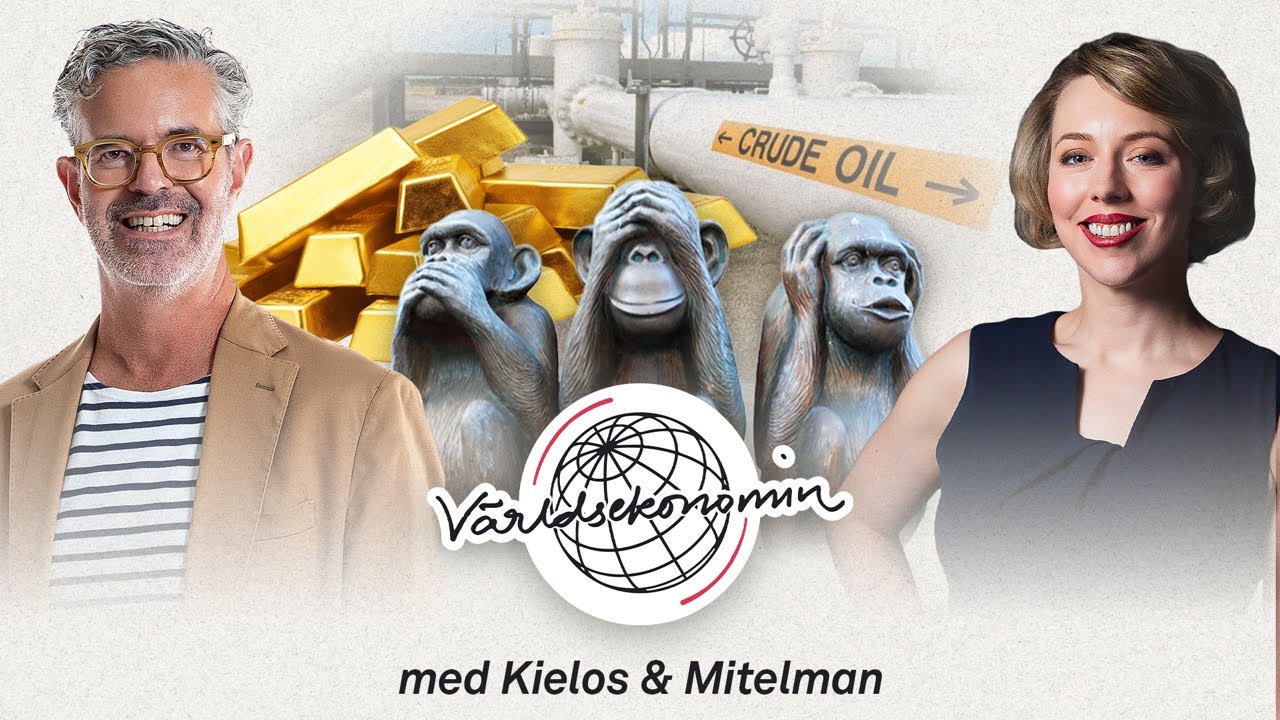
Oljepriset är åter i fokus på grund av kriget i Mellanöstern. Är marknadens tystnad om de stora riskerna, det som vi egentligen verkligen bör oroa oss för? Och varför funderar Tyskland på att plocka hem sin guldreserv från New York? I veckans avsnitt av Världsekonomin pratar Katrine Kielos och Henrik Mitelman om olja, tystnad och guld. Europa är ju mer beroende av oljepriset än USA, hur orolig ska man vara för att det stiger? En krönika i Financial Times lyfte nyligen “marknadens oroande tystnad”, den syftade på skillnaden mellan den dystra geopolitiska utvecklingen i världen och en marknad som samtidigt återhämtat sig 20 procent sen början av april, trots tullkriget. Vad säger marknadens tystnad egentligen? I Tyskland pågår en debatt om att plocka hem sin guldreserv från USA. Handlar det om bristande förtroende för Donald Trump – och kan det rentav ha något med “hämndskatten” att göra?
-

 Nyheter3 veckor sedan
Nyheter3 veckor sedanStor uppsida i Lappland Guldprospekterings aktie enligt analys
-

 Nyheter4 veckor sedan
Nyheter4 veckor sedanBrookfield ska bygga ett AI-datacenter på hela 750 MW i Strängnäs
-

 Nyheter4 veckor sedan
Nyheter4 veckor sedanSommaren inleds med sol och varierande elpriser
-
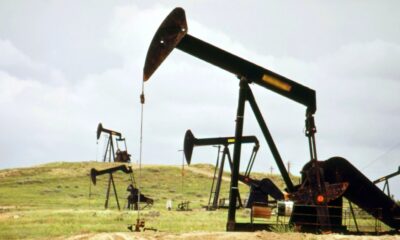
 Nyheter4 veckor sedan
Nyheter4 veckor sedanOPEC+ ökar oljeproduktionen trots fallande priser
-

 Nyheter3 veckor sedan
Nyheter3 veckor sedanSilverpriset släpar efter guldets utveckling, har mer uppsida
-
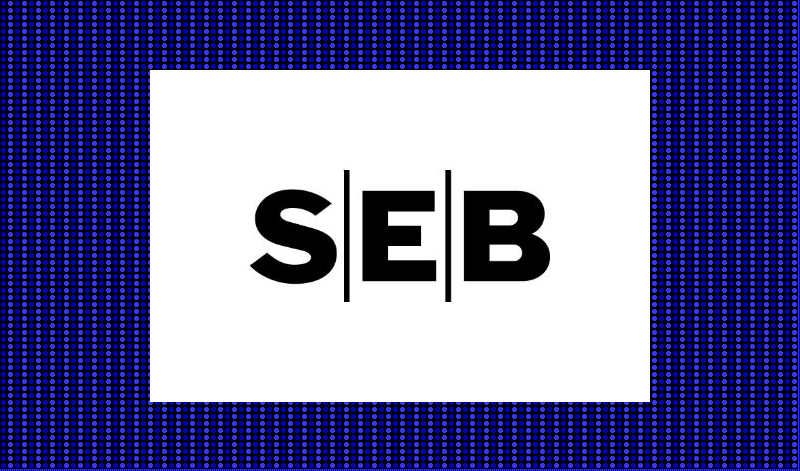
 Analys4 veckor sedan
Analys4 veckor sedanBrent needs to fall to USD 58/b to make cheating unprofitable for Kazakhstan
-
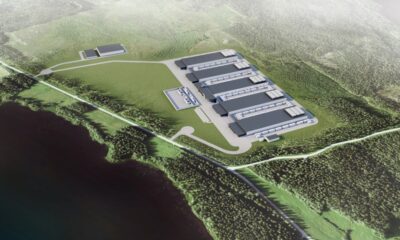
 Nyheter4 veckor sedan
Nyheter4 veckor sedanTradingfirman XTX Markets bygger datacenter i finska Kajana för 1 miljard euro
-
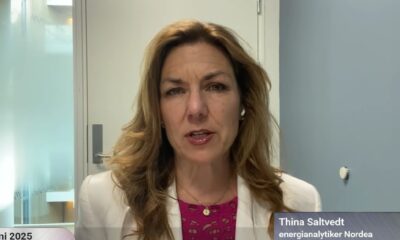
 Nyheter2 veckor sedan
Nyheter2 veckor sedanUppgången i oljepriset planade ut under helgen




